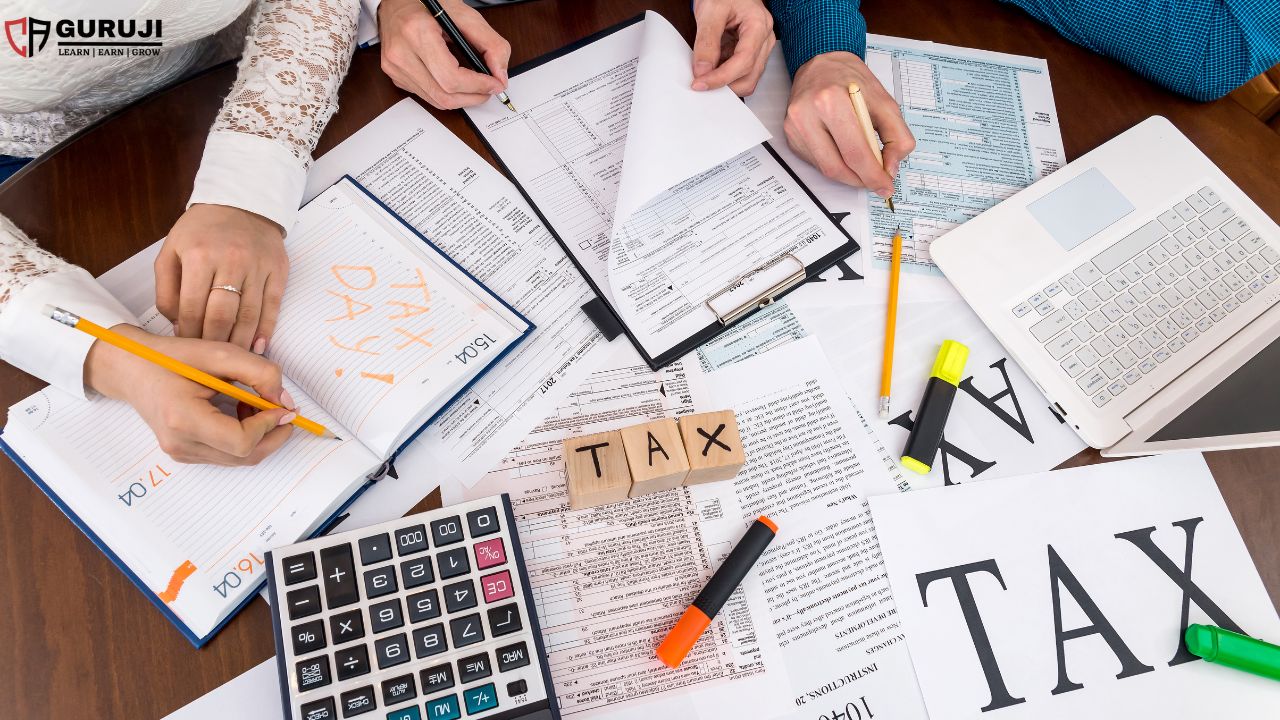It should be noted that the adoption of New Tax Regime comes with certain restrictions. Like, exemption claims associated with specific deductions, including House Rent Allowance(HRA), Leave Travel Allowance (LTA), Sections 80C, 80D, etc, will remain inaccessible.
The Government introduced a New Tax Regime, under Section 115BAC, as an optional alternative to the pre-existing Old Tax Regime. Enforced from April 1, 2020 (FY 2020-21), it was initially aimed at individuals and Hindu Undivided Families (HUF). After operating for three years in this manner, Union Finance Minister Nirmala Sitharaman announced during the Union Budget 2023 that going forward, this New Tax Regime would become the default tax system for those taxpayers who do not express any preference at the commencement of the new fiscal year (FY2025).
Constructed with revised tax slabs and concessional tax rates, it applies uniformly to all categories of taxpayers inclusive of individuals, HUFs and Association Of Persons (AOPs), AJP.
Furthermore, during her budget speech for the financial year 2023-24, Sitharaman stated that policy proposals falling under the new income taxation regime have been structured such that they leave more disposable capital with the taxpayers.
The decision on how best to utilise their money is no longer influenced by governmental incentives or disincentives but remains solely the discretion of each taxpayer, the FM had said.
However, it should be noted that the adoption of this new taxing system comes with certain restrictions. Like, exemption claims associated with specific deductions including House Rent Allowance(HRA), Leave Travel Allowance(LTA), Sections 80C ,80D etc, will still remain inaccessible. These benefits were specifically designed for use within the context of the Old Tax Regime.
In Union Budget 2023, FM Sitharaman introduced 5 key changes to encourage taxpayers to adopt the New Tax Regime. It is to be noted that salaried individuals can claim two deductions under the new tax regime — Standard Deduction and deduction under section 80CCD (2) for employer’s contribution to NPS.
Here are the latest changes in the New Tax Regime:
1. Standard Deduction and Family Pension Deduction
In the case of salary income, the Standard Deduction of Rs 50,000, which was previously only available under the Old Tax Regime, was extended to the new tax regime. Under the New Tax Regime, you can enjoy a tax-free income of Rs 7.5 lakhs, which is after you apply the standard deduction and tax rebate.
Family pensioners can also benefit from this deduction. They can claim either Rs 15,000 or 1/3rd (33.33 per cent) of their pension, whichever is lower.
It is to be noted that the benefit of the Standard Deduction will be allowed to pensioners only if the pension is taxable as salary income. If someone chooses the pension as income from the other source, then the benefit of the Standard Deduction will not be applicable.
Documents required for standard deduction
No supporting documents are required to claim the Standard Deduction. But to file the IT return of a salaried individual, the following documents are required.
> Bank statements of the previous fiscal year.
> Income statements from interest or fixed deposits.
> TDS (Tax Deducted at Source) certificates.
> Investment documents.
> Form 26AS and Form 1040.
2. Deduction under Section 80CCD(2)
Section 80CCD(2) applies to only salaried individuals and not to self-employed individuals. The deductions under this section can be availed over and above those of Section 80CCD(1).
Section 80CCD(2) allows a salaried individual to claim the following deduction:
Central Government or State Government Employer: Up to 14 per cent of their salary (basic + DA)
Any other employer: Maximum deduction of 10 per cent of salary (basic + DA)
Under the updated tax regulations, individuals can avail the advantage of employer contributions to their National Pension System (NPS) account as per Section 80CCD(2) of the Income Tax Act. This deduction is limited to the employer’s NPS contributions made on behalf of the employee, up to 10 per cent of the employee’s salary (Basic + DA).
The new tax regime also offers exemptions for voluntary retirement, gratuity, and leave encashment.
3. New Tax Regime Exemption List (not exclusive)
> Transport Allowances w.r.t. Person with Disabilities (PwD)
> Conveyance Allowance
> Travel/ Tour/ Transfer Compensation
> Exemptions for Voluntary Retirement Scheme u/ Section 10(10C)
> Gratuity Amount u/ Section 10(10)
> Leave Encashment u/ Section 10(10AA)
> Deductions on Deposits in Agniveer Corpus Fund u/ Section 80CCH(2)
Tax slabs of New Tax Regime applicable for FY2024-25
Tax Slab Rates
Up to Rs. 3L NIL
Rs 3L to Rs 6L 5% on income which exceeds Rs 3,00,000
Rs 6L to Rs 9L Rs 15,000 + 10% on income more than Rs 6,00,000
Rs 9L to Rs 12L Rs 45,000 + 15% on income more than Rs 9,00,000
Rs 12L to Rs 15L Rs 90,000 + 20% on income more than Rs 12,00,000
Above Rs 15L Rs 150,000 + 30% on income more than Rs 15,00,000
Visit www.cagurujiclasses.com for practical courses











